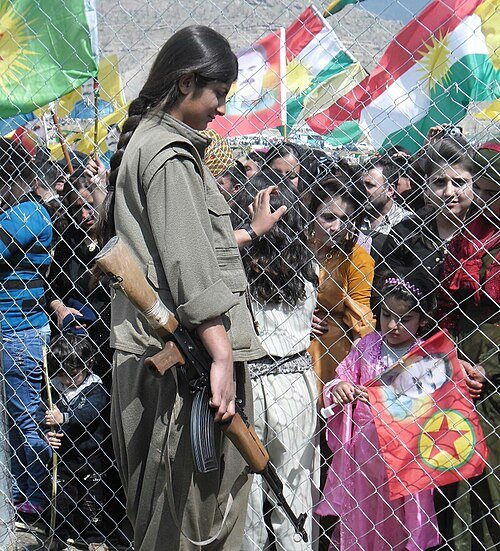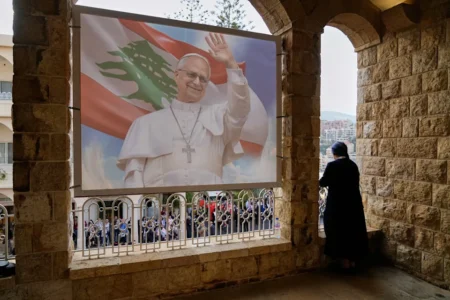In a significant turn of events, the Kurdistan Workers’ Party (PKK), one of the most prominent armed groups in the Middle East, has announced its disbandment. This marks the end of a nearly four-decade-long conflict between the PKK and Turkey. The announcement was made on Monday, May 12, by Al Jazeera, following the group’s voluntary decision to officially dissolve.
The PKK’s disbandment signals the closure of an intense chapter in Turkey’s history, where the conflict between the group and the Turkish government has resulted in countless casualties and widespread instability. The PKK, initially formed in the late 1970s, has long fought for Kurdish autonomy and rights, with much of its activities centered in Turkey and northern Iraq.
The decision was met with a cautiously optimistic response from Turkish President Recep Tayyip Erdoğan, who referred to it as a “significant step towards lasting peace.” Erdoğan emphasized, however, that Turkey would not tolerate any armed groups operating on its soil. His statement reinforced Turkey’s commitment to maintaining national security and territorial integrity, even as one of the region’s most notable insurgent groups disbanded.
Erdoğan’s caution points to ongoing concerns about the potential for other armed groups to take the place of the PKK. While the disbandment is seen as a positive move towards peace, the Turkish government remains wary of the situation evolving into new challenges.
In the days leading up to the announcement, the PKK organized a conference in northern Iraq to finalize their decision. It was there that the group made the formal declaration, and outlined several key historical decisions that will soon be shared with the public.
The group’s dissolution follows a long period of negotiations and discussions. During the conference, PKK leader Abdullah Öcalan, who remains imprisoned in Turkey, sent a statement sharing his thoughts on the group’s future and offering proposals for peace.
Öcalan, a central figure in the PKK and its leader for decades, expressed his views on the current state of the Kurdish cause. In his statement, he highlighted the need for reconciliation and dialogue, not only between the PKK and Turkey but also among the broader Kurdish community across the Middle East. He called for a peaceful solution to Kurdish issues, underscoring that the PKK’s disbandment should be seen as a gesture towards long-term stability in the region.
In his message, Öcalan proposed a series of steps that could help foster unity and peace, which he believes are essential for the future of the Kurdish people. He called on various factions within the Kurdish community to support the decision, even as some remain skeptical about the true motives behind the PKK’s disbandment.
The PKK’s disbandment is being closely watched by international observers, who view it as a pivotal moment in the Middle East’s complex political landscape. This decision could have significant implications for Turkey’s Kurdish population, as well as for neighboring countries like Syria and Iraq, where Kurdish groups have long struggled for autonomy.
As the dust settles, it remains to be seen how Turkey will respond to this change and whether it will lead to more genuine peace talks or if new conflicts will emerge. For now, however, the dissolution of the PKK represents a significant shift in the dynamics of the region, offering hope for a more peaceful future but also presenting new challenges.
The PKK’s disbandment marks the end of one era, but it is unclear what the future will hold for the Kurds in Turkey and across the Middle East. With both optimism and caution, the world watches to see what will come next in this long-standing struggle for peace and autonomy.







